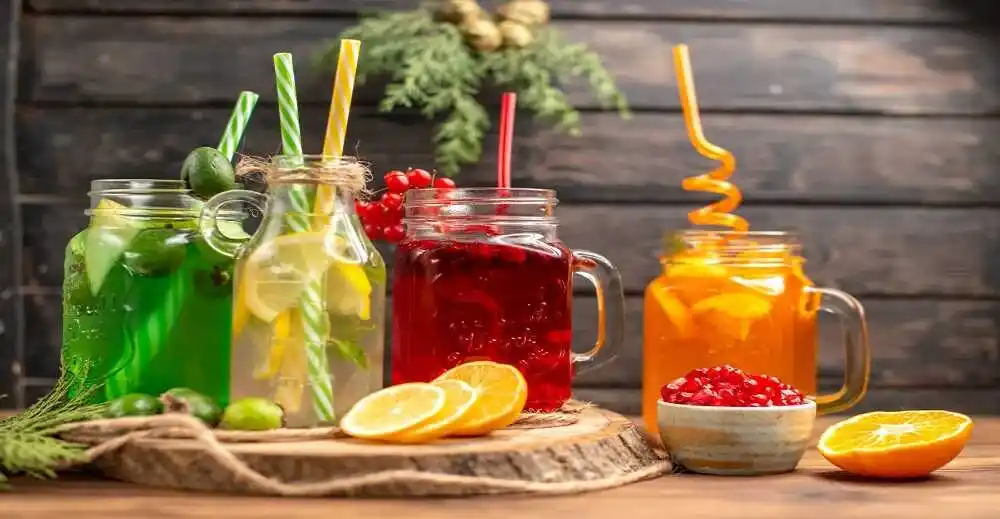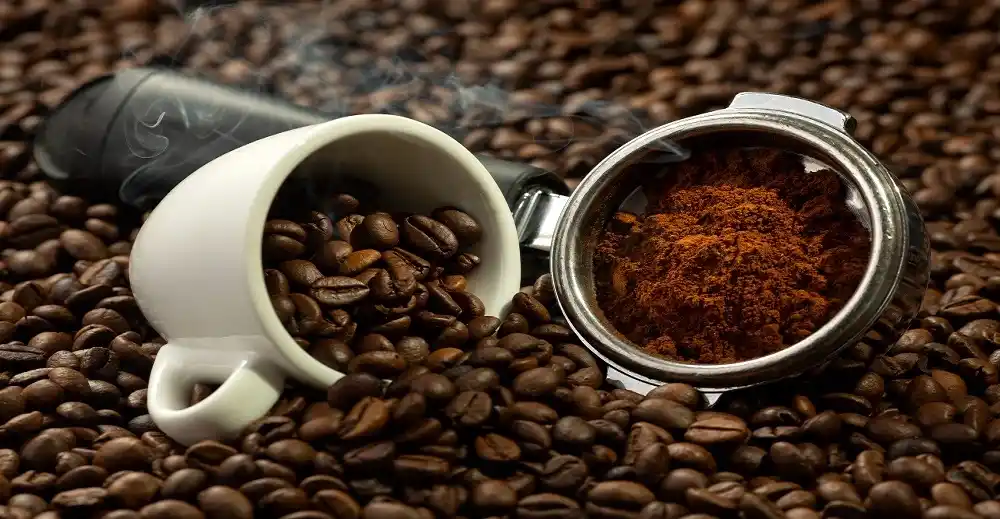Caps and Closures Market Trend - An Overview

The global market for caps and closure is expected to be catapulted to stratospheric heights during the next few years due to its expansive end-use applications in areas pertaining to food and beverage, healthcare (pharmaceuticals), personal care (cosmetics), among others. Moreover, the high rate of investments in research and development that is leading to a variety of product innovation is also another factor that is expected to influence the upward trajectory of caps and closures market.

The core factors which are a supply-side centric and are known to propel the market growth are as follows: the need for ensuring safety and security to preserve the contents’ quality, to extend consumer convenience by facilitating more functionality; to increase the brand visibility of products and gain competitive advantage by disseminating information that resonates with consumer preferences and values as well as incorporate cap and closure solutions that act as an enabler of carbon footprint reduction measures as well as most importantly reduce vulnerabilities which the entire range of supply chain, wherein the incorporation of technology has emerged and is poised to be a sort of new normal in the caps and closure industry. Further growing affluence, premiumization of beverages, and increasing proclivities to shift away from traditional consumption behavior in the emerging economies are also factors that are expected to drive the caps and closure market.
Food & Beverage Segment Occupies a Significant Share of the Caps and Closure Market
Within the ambit of the food and beverage, an important consideration is that of the supply chain where transparency and the lack thereof have been the greatest concern. For example, in the case of wines and spirits, for the most part, products are susceptible to counterfeiting that adversely impacts consumer confidence which ultimately restricts brand equity. Albeit bearing most of the responsibility, distillers, brewers, and vintners have minimal visibility in their respective value chains. Also, the need for passing the geographical certification, among others, makes the aspect of compliance extremely important. In view of above, the UK based independent technology firm Everledger Ltd, which with the aid of AI, blockchain, IoT, and other security technologies reportedly assists a variety of industries to securely achieve clarity and communicate the same to various stakeholders, has launched a new ranged of anti-tamper bottle closures for wine and spirits industry in April 2020.
These intelligent caps have NFC (Near Field Communication) tags and blockchain integrated with them. With such a latest anti-tamper measure, the data concerning the chain of custody can be captured with the aid of blockchain technology. Later, at the consumers' end with a simple tap of their smartphone, the consumers can connect with the products' entire journey. Therefore, providing advanced means to enable wine and spirt market players to realize their strategic imperative of achieving transparency, protect their authenticity as well as aid them in expanding their brand equity. This is an example of the most recent development in the packaging industry where both preservation of product integrity and brand promotion have been simultaneously achieved through the means of technological intervention, which is estimated to pave the path for more product development leading to the growth of the market.
Final Consumption Expenditure of Households – Food and Non-Alcoholic Beverage (Current Prices, Million Euro)

Source: EUROSTAT
Stringent Government Regulation and the Consequent Need for Compliance Will Drive Market Growth
Another aspect that is expected to drive the caps and closure market is that of the increasing trend of food and beverage manufactures to subscribe to the ethos of growing environmentally-conscious customer base as well as to comply with various government regulations. For instance, the Council of European Union had in the first quarter of 2019, reportedly adopted a directive on single-use plastics that bans the use of certain throwaway plastic products and reduce the use of most frequently used littered plastic products agreeing to achieve 90% collection target for plastic bottles by 2029 and ensure that plastic bottles will comprise of at least 30% recycled content by 2030. Another is that of AB 319 California legislation, under the purview of which January 1, 2020, onwards, a retailer would be prohibited, from facilitating a sale or selling a beverage container made out of single-use plastic with a cap that is not contiguously affixed or tethered to a beverage container.
This has steered the organizations engaged in consumer-packaged goods, in general, to look towards solutions that simultaneously cater to both the aforementioned aspects. For example, in April 2019 a US-based provider of a variety of dispensing, packaging, and sealing solutions, AptarGroup, Inc. (NYSE: ATR) had reportedly launched tethered closures namely, FLIP LID closure that is intended for bottled water, drinkable dairy, juices, sports & energy drinks, and other beverages. Since the closure remains attached to the bottle it not only provides consumers the much sought-after convenience, which is also another factor that is driving the caps and closure market but also promotes post-use recycling by making the closure go through the recycling process at the same time. During August the same year, it was announced that AptarGroup, Inc. and Nippon Closures Co., Ltd. a leading Japanese bottle closures company had reportedly entered into an exclusive partnership to cross-license technology for tethered beverage closures, endeavoring to create beverage closure solutions that will simultaneously seek to improve drinking experience as well as remain environment friendly.
Besides there is an upswing in more eco-friendly innovation as exemplified by collaboration in August 2018, between an international manufacturer of caps and closures called UNITED CAPS and Braskem (B3: BRKM3, BRKM5, BRKM6; BMAD: XBRK; NYSE: BAK), which is a leading petrochemical company based in Brazil. The rationale behind this collaboration is to deliver plastic caps and closure that are derived from sugar cane. The initial offering of two standard closures that have been manufactured using bioplastic resin from Braskem comprises of The VICTORIA closure that is designed for still beverages and PROFLSTSEAL, which are ideal for dairy products and still beverages.
The Market Share of Metal Caps and Closure Segment Is Expected to Substantially Expand
Metal caps and closure are a means for beverage manufacturers to market their products as sustainable. Also, aluminum has reportedly better scrap value compared to other recycled materials making it the most accepted material at the recycling plants, compared to others. Another aspect that is expected to drive this segment is consumer convenience. For example, in June 2019 it was reportedly announced by the Italian wine brand Cavit that it’s range of still white wines that include Moscato, oak zero chardonnay, pinot grigio, Riesling, are slated to undergo a transition and will come with screwcap closures.
Get in Touch
Interested in this topic? Contact our analysts for more details.
Latest Blogs

Solar Control Window Films Market expected to reach USD 1,224.951 million by 2030
RecentlyTop Companies Leading the Silicon-Based Capacitor Revolution
Recently
The Role of Chemical Blowing Agents in Sustainable Foaming Solutions
Recently
Top 10 Emerging Beverages Set to Dominate the Market in the Coming Years
Recently